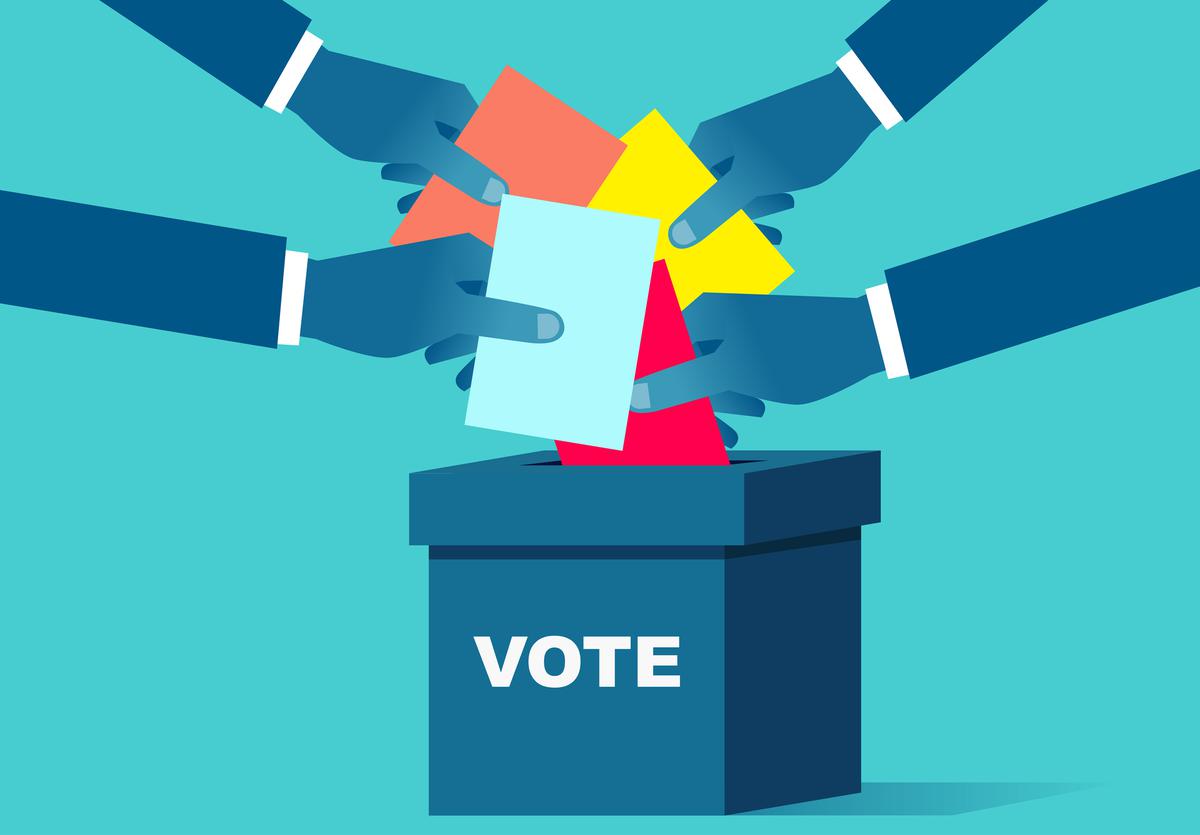Introduction
The year 2023 marks a significant juncture in the political landscape of India, particularly in the states of Telangana and Rajasthan, as they gear up for their legislative assembly elections. The electoral dynamics in both states are characterized by unique socio-political factors, historical contexts, and regional peculiarities. In this comparative analysis, we delve into the intricacies of assembly elections in Telangana and Rajasthan, shedding light on key themes, electoral trends, and the road ahead.
Assembly Election 2023 in Telangana: Unraveling the Political Tapestry
Telangana, carved out of Andhra Pradesh in 2014, has witnessed rapid political transformations since its inception as a separate state. The assembly election of 2023 holds immense significance as it will shape the future trajectory of governance and development in the region. The electoral landscape in Telangana is marked by the dominance of the Telangana Rashtra Samithi (TRS), led by Chief Minister K. Chandrashekar Rao, who seeks to consolidate his party’s hold over the state. However, the opposition alliance comprising the Congress, Telugu Desam Party (TDP), and Bharatiya Janata Party (BJP) poses a formidable challenge, aiming to disrupt the TRS hegemony.
Key Electoral Dynamics in Telangana
The assembly election in Telangana is likely to be influenced by a host of factors, including regional identity politics, welfare schemes, agrarian distress, and urban-rural divides. The TRS government’s performance in areas such as irrigation projects, healthcare, education, and employment generation will be closely scrutinized by voters. Additionally, alliances and realignments among political parties, caste equations, and religious dynamics are expected to shape electoral outcomes in various constituencies.
Rajasthan Legislative Assembly Election 2023: Navigating Political Terrain
In Rajasthan, known for its rich cultural heritage and vibrant political landscape, the assembly election of 2023 promises to be a keenly contested affair. The state witnessed a historic victory for the Congress party in the 2018 elections, ending the rule of the Bharatiya Janata Party (BJP). As the incumbent Congress government led by Chief Minister Ashok Gehlot seeks re-election, it faces the challenge of addressing governance issues, economic revival, and public welfare amidst the backdrop of the COVID-19 pandemic.
Key Electoral Dynamics in Rajasthan
The electoral dynamics in Rajasthan are shaped by a complex interplay of caste equations, rural-urban divide, development agendas, and leadership dynamics. The BJP, under the leadership of former Chief Minister Vasundhara Raje, aims to stage a comeback by capitalizing on anti-incumbency sentiments, grassroots mobilization, and ideological narratives. Moreover, factors such as farmer protests, unemployment, and social welfare schemes are expected to influence voter behavior and electoral outcomes across the state.
Comparative Analysis: Telangana vs. Rajasthan
While Telangana and Rajasthan share commonalities in terms of electoral processes and democratic principles, their political landscapes exhibit distinct nuances and challenges. Telangana’s relatively nascent statehood and TRS’s regional dominance contrast with Rajasthan’s long-standing political history and multi-party competition. Moreover, while governance issues and welfare schemes remain central in both states, the socio-economic context and local aspirations vary significantly, shaping electoral narratives and strategies.
Conclusion
As Telangana and Rajasthan brace themselves for the assembly elections of 2023, the democratic exercise holds the promise of shaping the future trajectory of governance, development, and socio-political dynamics in the respective states. The electoral process serves as a cornerstone of India’s democratic ethos, offering citizens the opportunity to voice their aspirations, hold elected representatives accountable, and participate in nation-building endeavors. As voters exercise their franchise, the onus lies on political parties, electoral authorities, and civil society to uphold the principles of free and fair elections, fostering an inclusive and vibrant democracy for generations to come.

